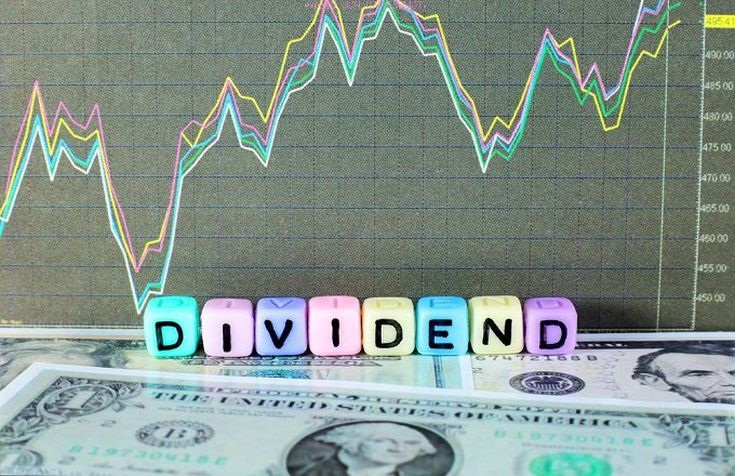A dividend is the distribution of reward from a portion of company’s earnings, and is paid to a class of its shareholders. Dividends are decided and managed by the company’s board of directors, even though they must be approved by the shareholders through their voting rights.
Dividends can be issued as cash payment, as shares of stock, or other property, though cash dividends are the most common. Along with companies, various mutual funds and exchange traded funds (ETF) also pay dividends.
Digging Deep into Dividends
Dividend is a kind of a reward paid to the shareholders for their investment in the company’s equity. And it normally originates from the company’s net profits. While the major portion of the profits is kept within the company as retained earnings which represent the money to be used for company’s ongoing and future business activities, the remainder can be allocated to the shareholder as a dividend.
On the other hand, there are times when companies may still make dividend payments even when they don’t make suitable profits. They do such thing to maintain they’re established image of making regular dividend payments.
Important Dates to Remember
Announcement Date
Dividends are announced by the company management on the announcement date and must be approved by the shareholders before they can be paid.
Ex-dividend Date
The date on which the dividend eligibility expires is referred to as ex-dividend date or simply the ex-date. For example, if a stock has an ex-date of Monday, May 5, then shareholders who buy the stock on or after that day will not qualify to get the dividend as they are buying it on or after the dividend expiry date.
Record Date
The record date is the cut-off date, established by a company, in order to determine which shareholders are eligible to receive a dividend or distribution.
Payment Date
The company issues the payment of the dividend on the payment date, which is the day when the money gets credited to investor’s account.
Why Companies Pay Dividend?
Companies pay dividend for a variety of reasons, and the developments can have different implication and interpretations. Dividends are expected by the shareholders as a reward for their trust in a company, and the company management aims to honor this sentiment by maintain a robust track record of dividend payments.
Dividends payments reflect positively about company’s working, and help maintain investors’ trust. Dividend are also preferred by shareholders as they are treated as tax-free income for shareholders in many jurisdictions, while the capital gains realized through increase in share price is taxable. Traders who look for short term gains may also prefer getting dividend payments that provide instant tax-free gains.
A high value dividend declaration can indicate that the company is doing well and has generated good profits. However, it can also indicate that the company is not having suitable projects to generate better returns and is instead paying shareholders with excess cash that is left unutilized. Reach out to WibestBroker Cryptocurrencies and to learn more about it you can visit Wibest Broker Education.













Comments